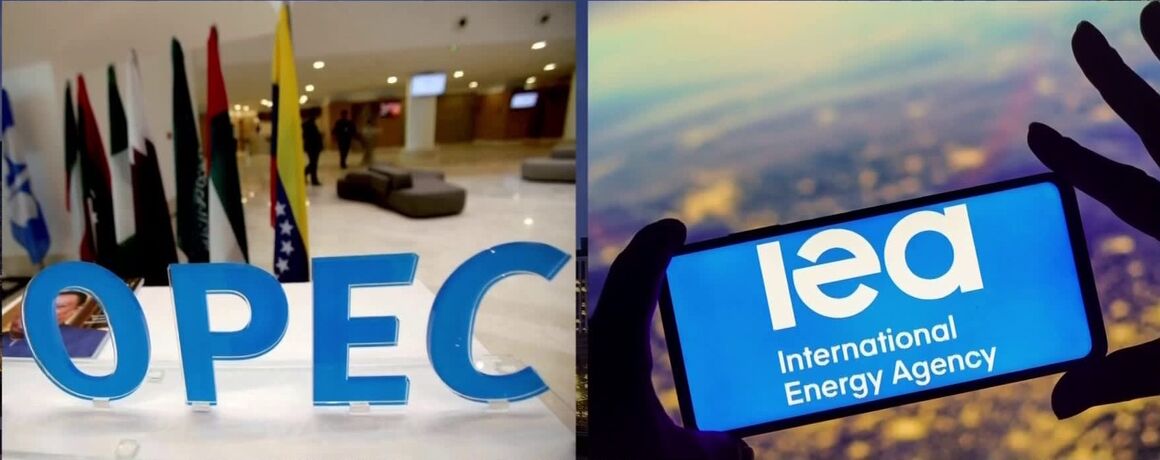The commentary by the IEA, which advises industrialised countries, follows clashes between it and OPEC in recent years over issues such as long-term demand and the need for investment in new supplies, Reuters reported.
"At OPEC, we are encouraged by this message and the reference to the continuing importance of oil to the world," the Organization of the Petroleum Exporting Countries said in a statement.
The two sides have diverging views on oil demand for this year and beyond. The IEA expects demand to peak by 2030 while OPEC sees no peak in its forecasts, which stretch to 2045.
The IEA said global dependence on oil was decreasing but remained deep-rooted and supply disruptions could still lead to "significant economic harm and have a substantial negative impact on people's lives."
"There is a high degree of uncertainty around how quickly demand will fall, leaving oil companies facing difficult and commercially risky decisions around upstream investment," the IEA said in a commentary by energy security analyst Ronan Graham and researcher Ilias Atigui on Monday.
OPEC agreed but said the IEA's calls for no new investments in oil and natural gas have "contributed significantly to this uncertainty, which has the potential to lead to major energy chaos, not the desired energy security."
The IEA and OPEC's views on demand are further apart than they have been for at least 16 years, Reuters reported this week. OPEC+, which groups OPEC and allies including Russia, decided in 2022 it would stop using data from the IEA when assessing the state of the oil market.
Almost 200 countries at December's COP28 climate summit in Dubai agreed the world needs to transition away from fossil fuels.
The IEA in 2021 said investors should not fund new oil, gas and coal supply projects if the world wants to reach net zero emissions by mid-century, a turnaround from earlier calls to invest more.
"OPEC has consistently reaffirmed its commitment to oil market stability and security of supply, including through its members holding spare capacity at their own cost in case of any unforeseen global oil supply disruptions," OPEC said.
Saudi Arabia was for decades the world's only source of significant spare oil capacity, which acts as a safety cushion for global supplies in case of major disruptions. In recent years, fellow OPEC member the United Arab Emirates has also built-up spare capacity.
The IEA argues that increasing clean energy is the most effective way for governments to boost energy security.


Your Comment